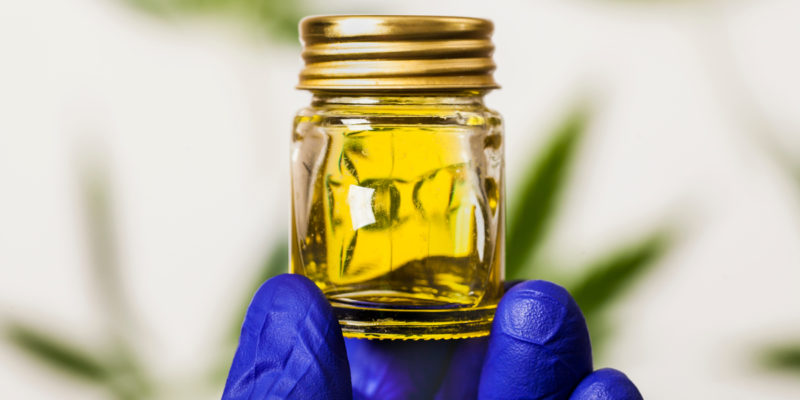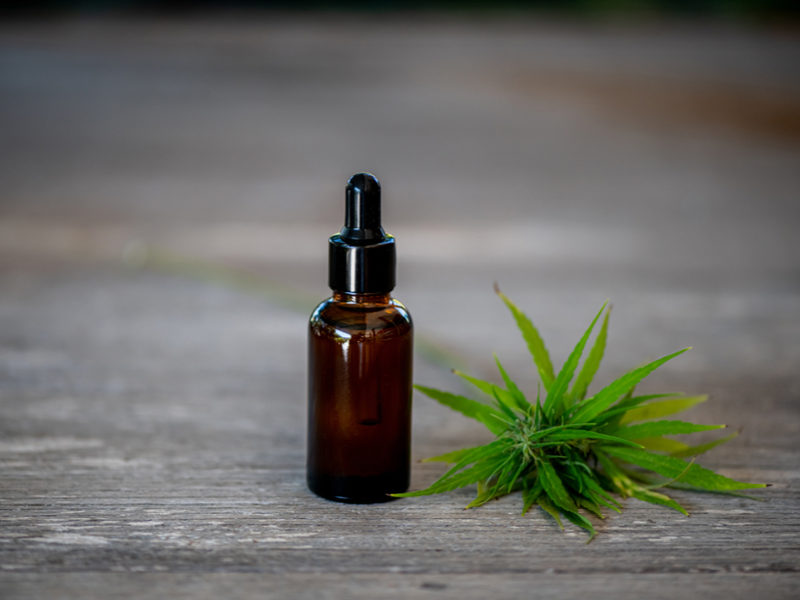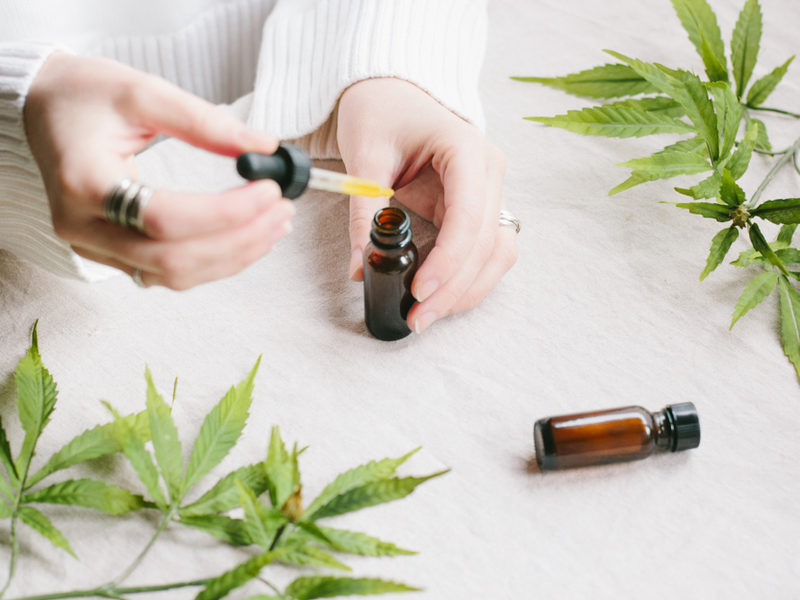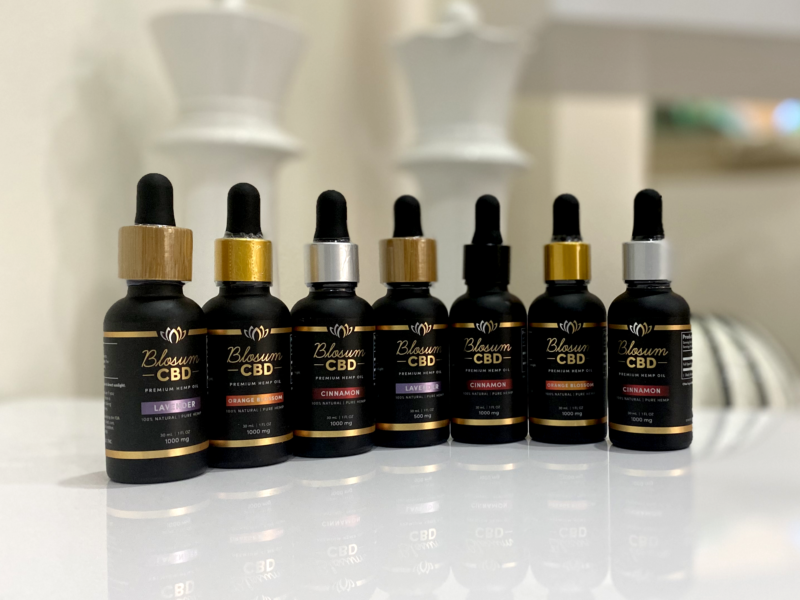Will CBD Oil Show Up on a Drug Test?
Anyone who has heard of CBD has likely connected the component to the cannabis Sativa plant. CBD has inevitable connections to cannabis and the laws in the United States still vary on the legalization of it. So will CBD oil show up on a drug test?
Having concerns about whether you can fail a drug test due to CBD is well-founded.
CBD and Drug Tests
CBD, or cannabidiol, is a naturally-occurring compound found in cannabis. Categorized as a phytocannabinoid, CBD is among the many components that give the cannabis plant its strong therapeutic profile.
CBD is a close cousin to THC which is also found in the cannabis plant. However, unlike CBD, THC is psychoactive and is what causes the infamous “high” effect. Since CBD is therapeutic and non-intoxicating, it has become an appealing treatment option for individuals that want the health benefits of cannabis without the “high.”
Drug screenings are usually conducted at schools or at workplaces to check for substances that may impede an individual’s abilities. One of the substances checked for is THC. The most common type of drug test is urine or oral fluid testing.
In an oral fluid test, the donor’s saliva tested for THC. This test does not detect CBD or any other cannabinoids. Even large consumptions of hemp seed products that have a high CBD will not lead to a positive drug test.
During a urine test, the donor is required to submit a pee sample for testing. This test specifically looks for the compound THC-COOH. This is a cannabis metabolite and if present in the body, shows that THC has been metabolized recently.
Drug testing can only identify THC very recently metabolized in the body but cannot accurately pinpoint how often the donor consumes or how it was consumed.
Will CBD Oil Show Up on a Drug Test?
CBD oil is a sublingual CBD product. This means that like CBD oil tinctures, it is placed under the tongue and held there for 60 to 90 seconds before swallowed for consumption.
Sublingual CBD products pass through the digestive tract before being absorbed into the bloodstream. Most of the CBD is lost in this process which means that consumers usually take high doses to feel the full effects of the product.
High doses are key in whether or not taking CBD oil can lead to a positive drug test. But, crucially, there is no such thing as a specific CBD oil drug test.
CBD oil labeled as full-spectrum contains trace amounts of THC. Full-spectrum CBD products use all the compounds in the hemp plant to create oil where these components work together to unlock CBD’s maximum health benefits.
This is called the “entourage effect.” One of the components used is THC. The legal amount of THC companies are allowed to use is 0.3% or less.
Since full-spectrum products only contain 0.3% THC, such small amounts will not appear on a drug test. However, if frequently used in large doses, the levels of THC in the system can add up and lead to a positive drug test.
Perhaps a safer alternative is broad-spectrum CBD oil, which also contains different compounds that interact with CBD to achieve the entourage effect while being THC free.
Customers in states where THC is strictly monitored or are wary of the effects of THC can choose broad-spectrum CBD oil for the same health benefits minus the presence of THC.
Related Articles
CBD Gummies 101
Does CBD Oil Make You Hungry?
Will CBD Make Me Fail a Drug Test?
Will CBD oil show up on a drug test? By itself, pure CBD cannot cause a positive drug test.
However, most CBD products are not regulated by the FDA. Even if CBD products are legalized in a state, knowing what exactly goes in CBD products remains a challenge. Unfortunately, the same can be said about the process by which these products are made.
There are several factors that can cause a false positive drug test. Cross-contamination always remains a potential threat during the CBD manufacturing process. Secondhand exposure to THC is also possible, depending on the potency of the product, the size, and the ventilation of the area.
There is also the issue of product mislabeling. In a 2017 study conducted in the Netherlands, researches detected THC in 18 out of the 84 CBD isolate products tested.
As a relatively new wellness product, the CBD market is not consistently regulated and mislabeling is fairly common in the industry. Currently, there are no third-party testing product compositions of CBD companies.
Still, the possibility of CBD products leading to a positive drug test remains unlikely. The instances listed above are on the extreme end of the spectrum.
It is helpful to remember that drug screenings are testing only for the presence of substances that hinder the individual from performing well. CBD does not affect the physical or mental ability of consumers.
Read More: CBD Gummies for Sleep
Where to Get the Best CBD Oil
The “best” product is always the product that was sourced responsibly, manufactured meticulously, and produced with the consumer’s best interest in mind.
There are many factors that directly affect the end result of a CBD product. CBD oil is made from living plants which means changes in the environment, weather, soil, and even water can affect the biology of the plant. Healthy hemp farms and consistent farming and manufacturing methods all lead to the best kind of product.
With that being said, there is an ocean of CBD products readily available. CBD oil can be found at hemp stores in states where it is legalized. Otherwise, there are a myriad of CBD oil products available online from companies that truly put care and effort into making a high-quality product.
Summary
In trying to answer the question, “Will CBD oil show up on a drug test?” We learned that broad-spectrum CBD oil products should not cause any worry in failed drug tests.
This only proves the importance of finding the best CBD oil for you. With so many brands mislabeling their products and not conducting third-party lab-testing, users need to be vigilant and do research before buying any CBD product.
Disclaimer: Is CBD Legal? Hemp-derived CBD products (with less than 0.3 percent THC) are legal on the federal level. These statements have not been evaluated by the Food and Drug Administration. This product is not intended to diagnose, treat, cure or prevent any disease and products have not been FDA approved. You must be at least 21 years old to purchase these products. Talk to your physician or medical doctor for additional information.





